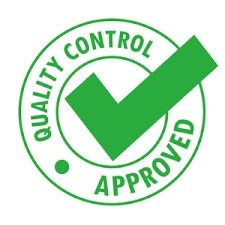Role and Functions of Total Productivity Maintenance (TPM)
Role and functions of Total Productivity Maintenance (TPM)
Role and functions of TPM are described as follows.

1. Total productivity maintenance introduces capable processes, helps to maintain their capability and renders them more capable by regularly implementing corrective maintenance.
2. TPM is a distributed activity, which attributes responsibility of maintenance to the operator of machine(s). He operates the process, supervises the process, manages the process, controls the process, and solves complex problems through his technical skills and expertise acquired over a period of time. So, the operator’s involvement is on the forefront of a total productivity maintenance drive in an organization.
3. Under a TPM programme, the operator uses his knowledge, skills, and experience to carry out routine tasks of collection of data and helping in statistical analysis.
4. Total productivity maintenance helps in technical diagnosis of machines, performance of overhauls, conducting audits and controlling severe disruptions by full involvement of maintenance engineers.
5. TPM role extends to process equipment selection, evaluation and implementation by focusing on the customer-supplier chain.
6. TPM role extends to boardroom because it integrates process equipment or product-market decisions for future strategic objectives.
7. Total productivity maintenance unlike traditional maintenance plays a productive role by introducing changes before any disruption occurs.
8. TPM is a continuous improvement activity (not patching or adhoc approach).
9. TPM optimizes quality standards, minimizes waste and reduces costs. Hence, it is not merely a support activity but a value-adding activity. It aims at cost reduction and quality improvement.
10. TPM has a strong strategic relevance since it contributes greatly to decision making process related to tactical, infrastructure and macro-structural issues.
11. TPM personnel can be of great value of the evaluation, selection, installation and operational aspects of equipment.
12. Total productivity maintenance has a great impact on the operational and infrastructural decision-making process by suitable planning, scheduling and controlling operations and increasing capacity and capability of the process.



